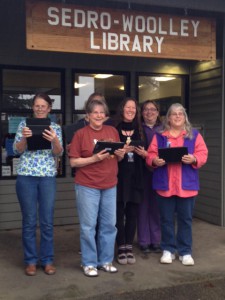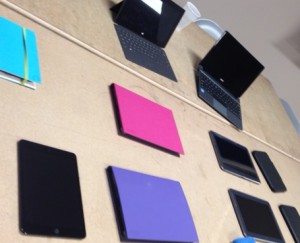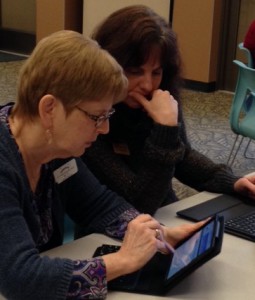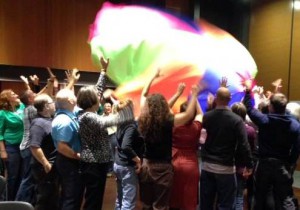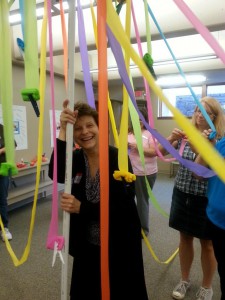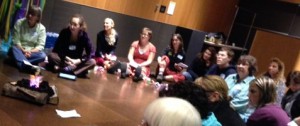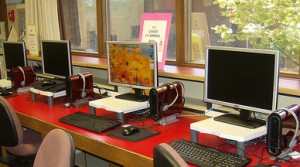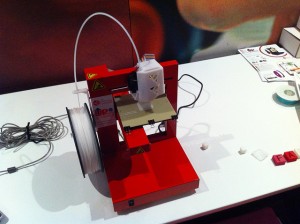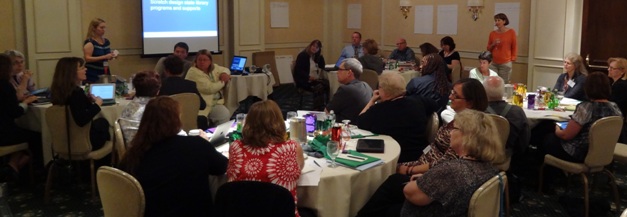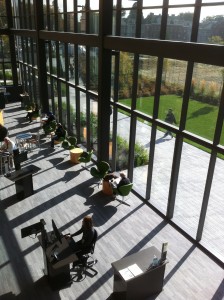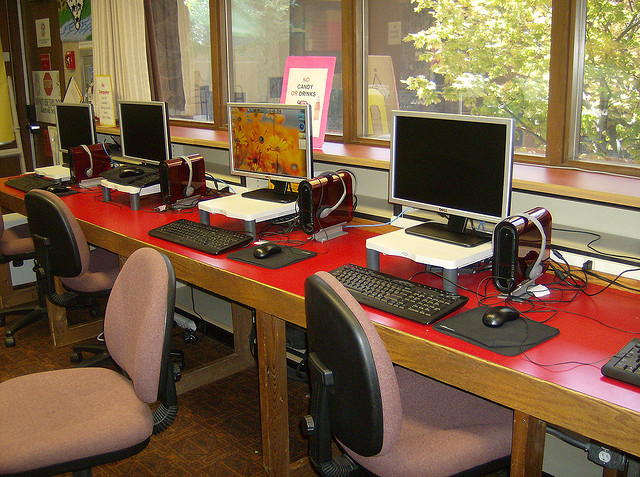 2013 is nearly here! WSL is pleased to offer the following FREE webinars in January. Happy Holidays!
2013 is nearly here! WSL is pleased to offer the following FREE webinars in January. Happy Holidays!
Registration is available here.
First Tuesdays: Burnout: Avoiding the flames
January 8, 9:00-10:00 a.m. PT
Library staff trying to keep up with changes in technology, demographics, & services may feel somewhat at sea. In this interactive session, Debra Westwood, Library Cluster Manager, King County Library System will look at how libraries are changing. Debra will help attendees learn about individual and group responses to change and devise specific strategies that individuals and work groups can use to remain buoyant in these difficult seas. Presented by Debra Westwood, King County Library System. Instructions and Login for First Tuesdays session
Designed as a continuing-education opportunity for staff of libraries in Washington State, this free web presentation from 9:00 a.m. to 10:00 a.m., lets attendees share their skills and successes and learn about new topics. The special-subject presentations, lasting about 60 minutes, are recorded so that others may listen at their own convenience.
Service Excellence in Your Library
January 10, 9:00-10:00 a.m. PT
This spring, Kate Laughlin will be touring with her workshop, Service Excellence in Your Library. Get a sneak preview at this webinar.
All library staff from top to bottom, internal and external, are in a service position. What is it that sets an organization’s level of service apart from others? How can employing these techniques propel the good service we already provide in WA’s libraries into great service? Join us for an engaging look at transforming our library’s culture to one of Service Excellence. Explore how such a transformation occurs, and as an individual, how you can encourage this change. This training emphasizes consistent approaches to service, while providing additional skills to help ensure satisfaction in all customer interactions. It is appropriate to anyone working in libraries, regardless of job position or library type.
Library consultant and trainer, Kate Laughlin, has been working in and with libraries since the late 1990s. In 2011, she had the opportunity to immerse with a focus group of 15 staff from different levels of library work, internal and external. From that intensive work came the creation of Service Excellence training, which is acutely relevant to the work we do in libraries and for our patrons.
TechSoup for Libraries: Washington
January 16, 9:30-10:00 a.m. PT
Whether you’re a regular TechSoup for Libraries user or haven’t heard of them until now, this webinar designed specifically for Washington public libraries will show you something new about the variety of free services offered to libraries and nonprofits.
TechSoup, a 501(c)(3) nonprofit, is working toward a time when every nonprofit, library, and social benefit organization will have the technology resources and knowledge they need to operate at their full potential.
During this 30-minute webinar, attendees will learn how to register and request over 450 donated and discounted products from more than 50 donor partners — including Microsoft, Adobe, Cisco, Intuit, and Symantec, and take a virtual tour of other free resources in TechSoup’s tech arsenal including:
- TechSoup’s up-to-date articles and library spotlights
- community discussion forums
- free webinars and tweetchats
- technology news
and more!
This webinar will be of interest to staff in Washington public libraries who want to learn more about how they can benefit from all the free services TechSoup has to offer. Presented by Stephanie Gerding and Brenda Hough.
Legal Research for Information Professionals
January 28, 10:00-11:30 a.m. PT
Legal reference questions can be challenging to answer. This class will help public librarians learn practical skills for approaching these types of questions.
Participants will be able to:
* Translate keywords from reference questions into legal search terms for finding resources
* Describe legal resources available through WA web sites (KCLL, WashingtonLawHelp and others)
* Refer legal questions as appropriate to a law library
Online via Blackboard/Elluminate. Instructions for log-in will be sent to each registrant.
Presented by Kim Ositis, Public Law Library of King County.
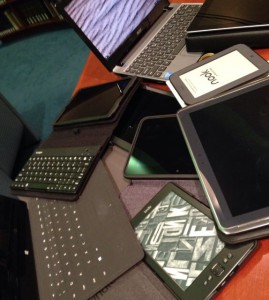 Are you ready to innovate in your community? Would your library like to:
Are you ready to innovate in your community? Would your library like to:





